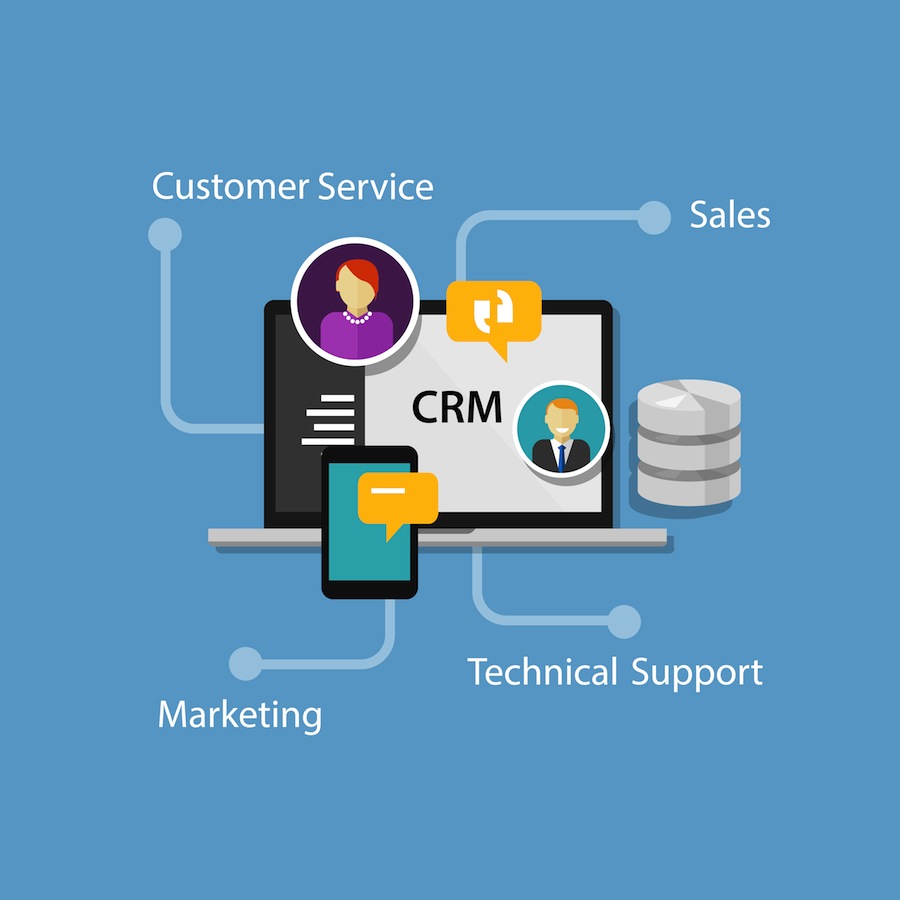Quick Answer: Yes. Microsoft Dynamics 365 Healthcare solutions are transforming how providers connect with patients, manage data, and streamline care delivery. With robust tools for patient engagement, compliance, and interoperability, Dynamics CRM for healthcare helps organizations improve outcomes while reducing administrative complexity. Let’s explore how this platform empowers modern care teams.
Can You Use Microsoft Dynamics as a Healthcare CRM?
Topics: Microsoft Dynamics CRM
5 Key Parts to Any Microsoft Dynamics CRM Training
Whether your organization is new to Dynamics 365 or upgrading your implementation to include new modules, it’s essential that you provide thorough training to users. The better your Dynamics 365 CRM training, the more workers will feel confident using the platform for daily work. Investments in employee training help ensure you have people within your organization trained to use Dynamics 365 in ways that benefit your company. Here are some key features you should consider when developing a Dynamics 365 CRM training curriculum.
Topics: Microsoft Dynamics CRM
5 Best Practices for Microsoft Dynamics CRM Security
The evolution of Big Data has only expanded the complexity of managing cyber threats. The intricacies of Dynamics 365 implementation can cause business leaders to overlook the security aspect of the platform. For that reason, it’s a good idea to get help from a solutions partner who understands the importance of embracing Microsoft Dynamics CRM Security best practices.
Topics: Microsoft Dynamics CRM
Everyone is moving to the cloud. Right Scale released their annual state of the cloud survey, where they polled IT professionals on their use of cloud services for infrastructure, platform, data storage, software, and more. Their survey found 2018 to be the year of the cloud for even the most reluctant and slow to switch enterprise organizations:
Topics: Microsoft Dynamics CRM
Nucleus Research says for every $1 spent on a customer resource management (CRM) software platform, the return is between $5.60 and $8.71. Now here’s the bad news; HubSpot says 40% of sales reps don’t even use this tool to manage leads, instead relying on Excel spreadsheets or perhaps Rolodex cards to control their sales funnel and foster customer relationships. How is this even possible when the statistics tell us that 47% of the teams that use a CRM say these platforms have a positive impact on customer retention?
Topics: Microsoft Dynamics CRM
Salesforce vs. Dynamics 365: What Do Your Sales Reps Really Want?
Customer relationship management (CRM) software is a single-database platform where all of your interactions with prospects and customers are stored. It is the single source of information that should meet the needs of multiple departments in a business.
Topics: Microsoft Dynamics CRM
“The better a business can manage the relationships it has with its customers the more successful it will become.”
Info Entrepreneurs
Reaping the benefits of customer relationship management should be the goal of every company. There is simply no way to build a business without it
Topics: Microsoft Dynamics CRM
Automated marketing is the new frontier for working smarter in any customer relationship management (CRM) database. Unfortunately, “new” frontier means companies are still failing to optimize marketing automation to produce results. This article looks at how we’re getting automated marketing wrong – and how Microsoft Dynamics CRM finally got it right.
Topics: Microsoft Dynamics CRM
Microsoft Dynamics puts the “customer” in CRM. That’s because this software can serve as the hub across all customer touch points, from sales and marketing to customer relationship management. One platform can do everything, and today’s competitive markets require these kinds of multifaceted tools that can unify an organization.
Topics: Microsoft Dynamics CRM, Microsoft Dynamics
Like a lot of Microsoft products, Dynamics CRM is pretty intuitive. That’s because Microsoft cornered the market years ago with their office products and has used that time to hone their offering. So all of the tools in the Dynamics 365 universe have a similar look and feel that is comfortable to the average user.
Topics: Microsoft Dynamics CRM, CRM Software, CRM











